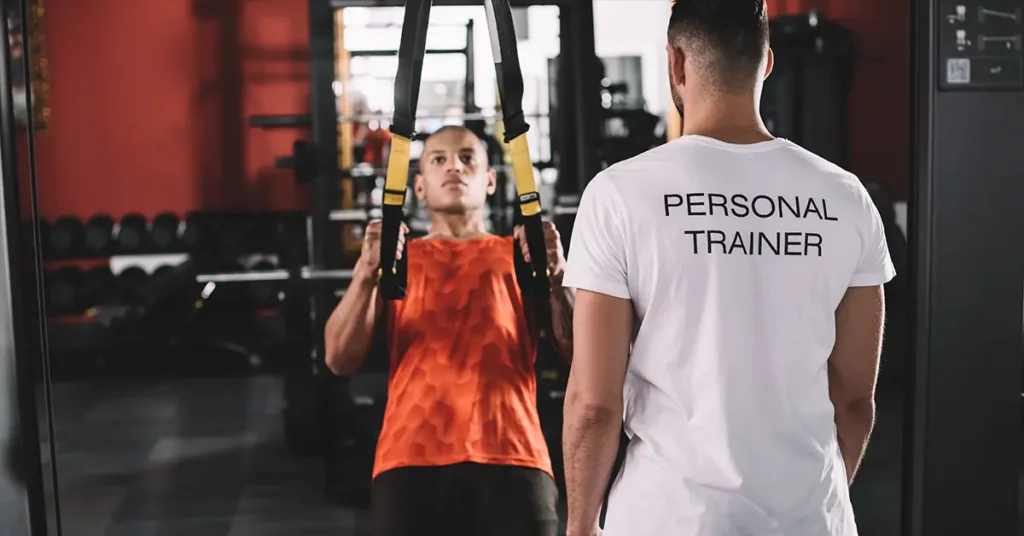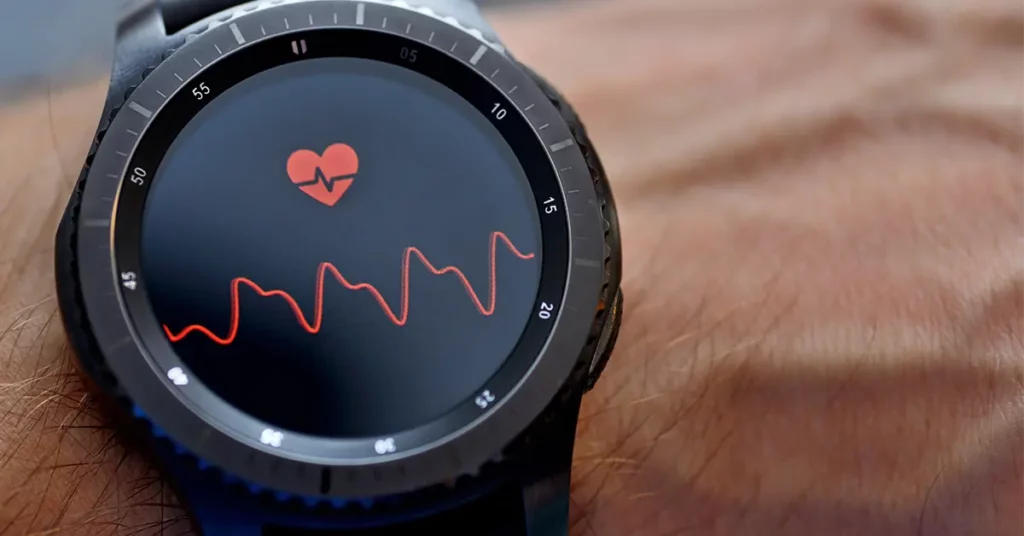If you’re struggling to meet your fitness goals, battling with consistency, or feeling intimidated by the gym environment, you’ve likely asked yourself: Should I hire a personal trainer?
As someone who’s been in the fitness industry for six years, training clients both in person and online, I’ve seen it all—The Good, the Bad, and the Ugly. Personal training can be transformative, but it’s not a one-size-fits-all solution. Let’s break down the real role of a trainer, the value they provide, and whether they’re the right fit for you.
What Does a Personal Trainer Actually Do?
A personal trainer is more than someone who counts your reps or tells you what exercises to do. Their role is to:
- Hold You Accountable: They keep you consistent, motivated, and on track toward your goals.
- Ensure Proper Form: A good trainer prevents injuries by teaching you how to perform exercises correctly.
- Personalize Your Plan: Workouts are tailored to your specific needs, goals, and fitness level.
But let’s not sugarcoat things: not all trainers are created equal.
My Journey: The Reality of Personal Training
When I started my first job at Lifetime Fitness, I was fresh off the football field, armed with an Exercise Science degree, NASM certification, and a background in physical therapy. I thought my qualifications would impress clients, but I quickly learned something important: clients don’t care about your credentials—they care about results.
True personal training is about more than just programming workouts. It’s about dedication, motivation, and making sure clients feel safe and supported, both physically and emotionally.
Sadly, for every great trainer, there are four who fall short. Many lack professionalism, treat clients like paychecks, and fail to address the bigger picture, such as nutrition and lifestyle.
Good Trainers vs. Bad Trainers: What to Look For
Good Trainers:
- Stay engaged and focused on you during sessions.
- Provide guidance on form, ensuring your safety.
- Offer holistic advice, including nutrition and lifestyle changes.
Bad Trainers:
- Are distracted (checking their phones mid-session).
- Use generic, one-size-fits-all plans.
- Ignore crucial elements like nutrition and emotional support.
Pro Tip: Always assess a trainer’s professionalism, commitment, and ability to customize plans to your needs.
The Importance of Nutrition and Lifestyle Adjustments
A common misconception is that fitness is all about workouts. In reality, your diet and daily habits play just as big a role in your success. A great trainer helps you:
- Develop a Balanced Diet: Tailored meal plans to match your goals.
- Manage Stress: Techniques like mindfulness or time management to reduce stress that impacts progress.
- Improve Sleep Hygiene: Better rest leads to better recovery and performance.
For example, I work with clients to integrate these elements into their routines, ensuring their progress goes beyond the gym. A personal trainer who neglects these aspects isn’t setting you up for long-term success.
Learn more about how nutrition impacts your fitness journey from the Mayo Clinic.
The Cost of Personal Training: Is It Worth It?
Let’s address the elephant in the room: cost. Personal training can be expensive, often running into thousands of dollars over a few months.
Here’s what you’re paying for:
- Accountability and Motivation: Someone to keep you consistent.
- Safety and Guidance: Prevent injuries and ensure effective workouts.
- Personalized Support: A plan tailored specifically to your needs.
However, not all trainers justify their price tags. If all you’re getting is workout sessions without a broader strategy, it might not be worth the investment.
Compare the benefits of hiring a trainer vs. working out solo at WebMD.
Transitioning to Online Health Coaching
After years of working with clients in person, I shifted to online health coaching—and it’s been a game changer. Here’s why:
- Holistic Approach: Online coaching goes beyond workouts to include nutrition, sleep, and lifestyle habits.
- Flexibility: Plans are designed around your schedule and updated in real time.
- Affordability: Online coaching typically costs significantly less than in-person sessions.
For example, I provide form checks, Zoom calls, and customized workout plans at a fraction of the price of traditional training. This style of coaching offers value-packed flexibility that many clients prefer.
In-Person Personal Training: When It’s Worth It
In-person training still has its place, especially if:
- You need someone physically present to ensure proper form.
- You thrive with face-to-face accountability.
- You value real-time adjustments to your plan.
To make the investment worthwhile, look for a trainer who:
- Keeps you consistent and motivated.
- Tailors their approach to your unique goals.
- Incorporates holistic elements like nutrition and stress management.
Key Takeaways: Should You Hire a Personal Trainer?
Here’s the bottom line:
- Accountability is Key: If you struggle to stay consistent, a personal trainer can provide the structure and motivation you need.
- Evaluate the Trainer: Look for professionalism, dedication, and a comprehensive approach to fitness.
- Explore Online Options: If flexibility and affordability are priorities, online coaching might be a better fit.
Final Thoughts: Find the Right Fit for You
Hiring a personal trainer can be a transformative experience, but it’s not for everyone. Whether you choose in-person training or online coaching, the key is finding a solution that aligns with your goals, budget, and lifestyle.
Want the latest news on fitness programs and products? Be sure to subscribe to our newsletter and get them delivered straight to your inbox!
FAQ’s: Personal Training Basics
Q: What does a personal trainer do?
A: Personal trainers create customized workout plans, ensure proper form, and provide motivation. They may also offer guidance on nutrition and lifestyle habits.
Q: How much does a personal trainer cost?
A: Costs vary but can range from $50 to $150 per session. Online coaching is often more affordable, with packages starting as low as $100 per month.
Q: How do I know if a trainer is qualified?
A: Look for certifications from reputable organizations like NASM, ACE, or NSCA, but also evaluate their professionalism and ability to personalize plans.
Q: Is online coaching as effective as in-person training?
A: Online coaching can be just as effective if you’re self-motivated and value flexibility. It’s also more comprehensive, often covering fitness, nutrition, and lifestyle.
Q: How often should I work with a personal trainer?
A: This depends on your goals and budget. Many clients start with 1-3 sessions per week, while others transition to periodic check-ins.





